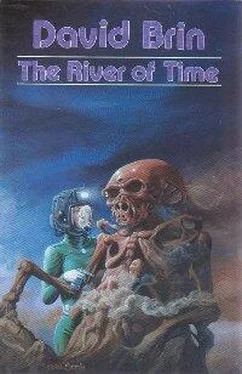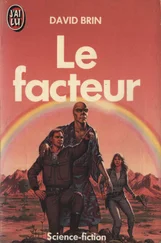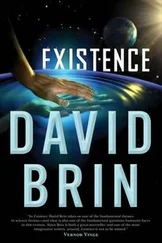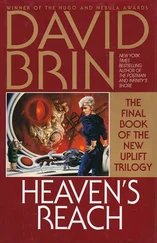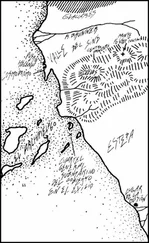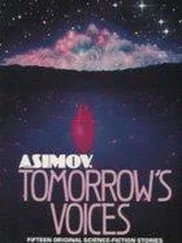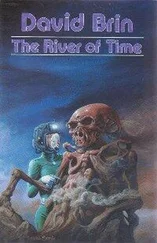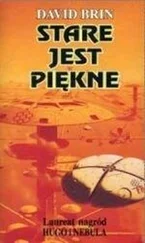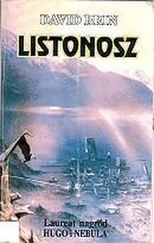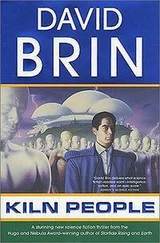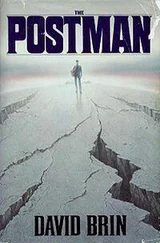Toujours Voir
by David Brin
“Folks!” the bodyguard announced. “In moments Lasselovsky will be here. You all know what that means.”
From my regular booth by the window, I saw several customers abruptly leave. The brave, or curious, remained.
“He’s the Oldtime spacer who returned, but didn’t hide, right?” Sam, our bartender, asked.
“Yeah, so don’t bother him! If anyone here strongly resembles someone from his past, and triggers a déjà-vu attack, we could find this building on another planet …”
Déjà vu. I suppose everyone’s felt this clue to Time’s true nature.
Epileptics once dreaded it as an “aura,” foretelling seizures. And historically, people feared epilepsy, never suspecting grand mal hinted a door to the universe.
Today only Oldspacers suffer lingering aura shock. I hear neuroconvulsive hyperdrive is perfected nowadays. Modern pilots needn’t endure terrifying seizures to attain that special mental state which propels a spaceship starward.
To modern spacers, induced déjà vu is a key.
To Oldtimers, though, it’s pure terror.
“…sudden recognition could trigger a jump seizure. So don’t approach him. If he feels safe, maybe he’ll mingle…”
Talky bodyguard.
Most Oldtimers retreated to cozy surroundings and stayed put. Ex-crewmates avoid reunions.
Stubborn Lasselovsky, though, keeps moving. He’s a free man, so the authorities send bodyguards ahead to warn people.
Time’s funny. It flows, then surges like a convulsion. I sit and wait, feeling the years. Through the window, I see a familiar face… Captain …?
I should have left before this. Already my hands are shaking.
Still, it is nice to see, again, the stars.
There is a sub-subgenre of writing called the “precision short story”… a fable written to very exacting standards. One type of precision story is the 250-word tale .
The rule is simply this. The story must be 250 words in length. Not one word longer, not one word shorter. And it must work as a story .
It is like pulling teeth. Like using a tiny pick to make one of those incredible, interlocking Chinese ivory puzzles. Frustrating!
My solution (and not a very elegant one, I admit) was to use a lot of polysyllabic words and hyphenated contractions. My only excuse is that I was trying to cover a pretty complex idea in a very short space .
To this day I shake my head over this one .
(Neuroconvulsive hyperdrive? Ooooh.)
